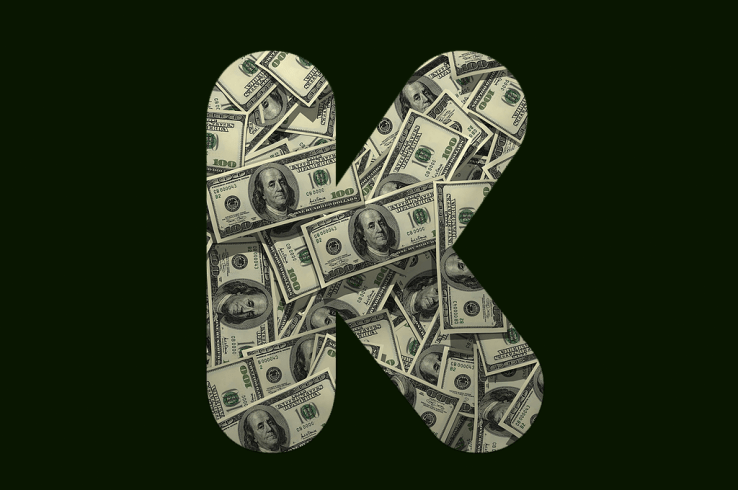The rise in popularity for private company investing must come with the ability to exit
Written by Stuart Lucas co-founder and Chief Executive Officer of Asset Match
H ere's a conundrum. What do all those
private businesses that have raised
funds through the new wave of
alternative finance do with their
shareholders? Once the companies have got
the cash there is a temptation to treat them
like mushrooms – feed them rubbish and keep
them in the dark.
Crowd-funders are becoming more
demanding, albeit led by more sophisticated
investors. Like their quoted counterparts they
expect access to investor information and regular
updates. Crucially investors want to know how and
when they can expect an exit.
Providing liquidity in unquoted companies
has always been a problem and the regulator,
the Financial Conduct Authority, also raised
concerns on this issue in its consultation paper on
crowdfunding toward the end of 2013. To attract investors,
newly funded businesses often make vague promises of an IPO
(initial public offering) or trade sale in three to five years. Until
then shareholders just have to sit tight unless the management
are willing to buy back the shares. Even then how do you
determine price? Shares in private companies are typically
bought and sold at a value that both parties can mutually agree
on, rather than at a market derived one.
I once found myself in this position and was locked in
a successful private business for over 12 years; with no
transparent mechanism to value my shares I was compelled to
hold on.
PRIVATE ENTERPRISE
There are over 2,500 sizeable private companies with turnover
above £15 million in the UK that have at least 10 shareholders
and many more start-ups with over 50 shareholders. A back
of an envelope calculation puts an equity value of
around £300 billion of tied-up assets. Only a tiny
fraction of these companies will ever go public,
some may find a buyer, more won’t survive.
Shareholders also need to be aware that the
people behind many of these businesses may
have no real intention of providing an exit any
time soon. After all the greatest advantage of
being private is retaining control and making
decisions without having to ask anyone’s
permission.
Share auction services like Asset Match used
to be perceived as the go-to places for delisted
stocks that couldn’t cut it as a public company.
With some companies paying in excess of the
value of the shares being traded to maintain their
listing, it is no wonder they begin to question their
status as a public company. The private market
is also changing. The growth of a nation of angel investors,
EIS schemes and better access to private business investment
opportunities means that demand for a secondary market to
trade illiquid assets is on the rise.
TASTY STORY
Aberdeen based craft brewery BrewDog is a good example
of a one-in-10 crowd-funded success story. It has completed
three ‘Equity for Punks’ share issues since 2009; the latest in
2013 at £95 per share. An early commitment to shareholders
to provide a liquidity event was recently actioned. Buyers
and sellers were corralled in a five-hour auction where 220
investors took part. Participants were able to see the range of
bids and offers which spanned from £25 to £300 and adjust
their orders accordingly. In the end, 118 individuals traded
successfully. The smallest seller sold just one share while the
largest buyer invested over £80,000. At the close, shares were
transacted at £125 per share giving BrewDog a market cap
of just under £150 million. Not bad for a company that was
founded in 2007 and has sourced most of its funds from fans.
Liquidity doesn’t just affect up and coming companies. Any
private business with investors faces the same issue, whether
it is a private equity-backed company, a family business with a
myriad of biologically-related shareholders or companies with
EMI (Enterprise Management Incentive) schemes.
Financial technology firms are offering simpler, more
transparent and cheaper ways to solve long existing problems
including the trading of shares. The bigger exchanges are also
waking up to the fact that many companies would prefer to
stay private if they could, and in the US the NASDAQ Private
Market was launched earlier this year. With so many new
alternative ways to finance companies now on offer it is not
surprising that hubs for unquoted secondary markets are coming
into
their own.


